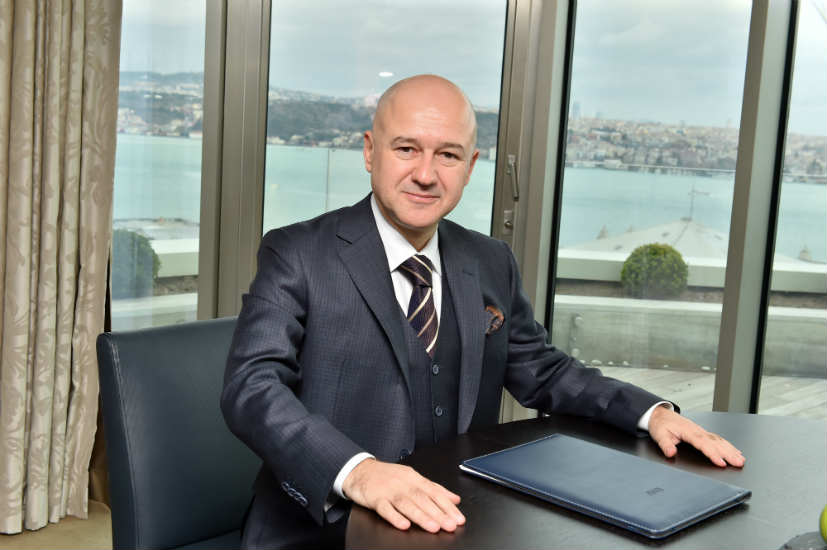Baybars Altuntas is the chairman of World Business Angels Investment Forum, the 2018 edition of which just concluded in Istanbul. The renowned angel investor tells International Finance how Islamic finance can transform angel investing and why Silicon Valley continues to reign supreme among global startup ecosystems. Here are some excerpts from the interview.
SB: How did the World Business Angels Forum (WBAF) address the issue of financing?
BA: Access to finance is important for investors, who put their money in startups and the ones that want to scale too. It is essential to be able to raise funds at second, third or even fourth rounds. Investors also must be connected to other sources of finance that will support their long-term investments, to be able to create a success story. WBAF 2018 not only connected startups with angel investors, but also ensured these very angel investors can establish industry relations with venture capitalists, private equity fund managers and major wealth management institutions. This is ultimately a platform for connecting angel investors with other financial institutions.
SB: One of your panel discussions is on the growth of the secondary market. How will this impact global trade and finance in the new generation?
BA: SME’s, also known as traditional entrepreneurs, run around 96% of the global economy. Due to the advent of technology, we now we have millennial entrepreneurs, who are focused on IT and mobile applications. Around 25% of equity market investment goes to millennial entrepreneurs.
I believe it is important to understand the power of both kinds of entrepreneurs. If we focus only on millennials because they are responsible for innovation, we are making a mistake as we are not giving room to SMEs to grow.
This is where policy makers can play a deeply influential role. I think that more than supporting entrepreneurs directly, its more important to support those who support entrepreneurs – which are the investors. Governments and policy makers should come up with policies that will allow for smarter use of public money for creating a larger social impact on global trade. This can be achieved significantly by tapping into what angel investors can bring to the table such as networking, mentorship, and business expertise.
SB: How can angel investing benefit Islamic finance?
BA: This was one of the more important panel discussions at WBAF 2018, moderated by Kaiser H. Naseem, Head of IFC Banking & Digital Finance Advisory Services, MENA and Central Asia; the panel comprised Sheikh Ebrahim bin Khalifa Al Khalifa, former minister of housing, Chairman of Accounting and Auditing Organization for Islamic Financial Institutions; Bahrain Salah Jelassi, regional director, Islamic Development Bank Group’s regional office in Turkey and Meliksah Utku, CEO, Albaraka Turk, Turkey.
In Europe alone, €6.8billion was invested by around 320,000 angel investors. Around US$26 million was invested by 340,000 angel investors in USA and Canada. An angel investor puts his money in a venture he thinks will make him money, in addition to providing his valuable business expertise, mentorship and access to his network. He seldom expects an RoI with a fixed interest or yields. The angel investment system is compliant 100% with the Islamic investment mindset, but the opportunity hasn’t been tapped into just yet.
This topic was discussed at length during WBAF with the aim of creating awareness about angel investment in an Islamic finance ecosystem and how we can develop co-investment funds between Islamic finance instruments and angel investors. Eventually, we would like to see if we can change the mindset of investors in Islamic countries to move from investing in real estate to investing in start-ups.
The World Business Angels Investment Forum & World Congress 2018 was held in Istanbul, Turkey between 18th and 20th February, 2018, running five summits concurrently and hosting more than 1,000 delegates from around the world.
You can read the entire interview here

